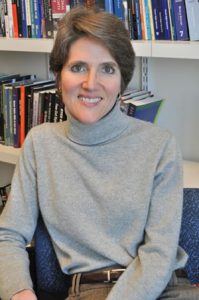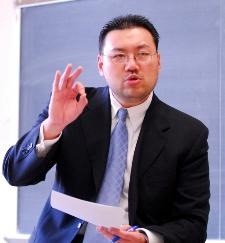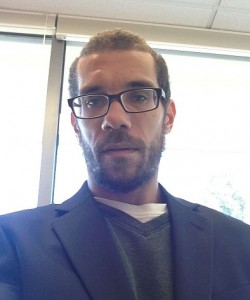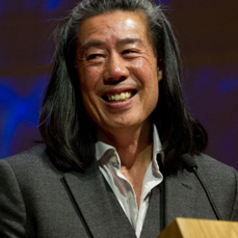“WWII Internment Camps NOT ‘Fake News'” by Asian/Asian American Studies Courtesy Faculty MICHAEL EGO was recently published in the Stamford Advocate and also formed the basis for a televised interview with Prof. Ego by Richard French
On the 75th anniversary of the bombing of Pearl Harbor and in the wake of post-election rhetoric about the possibility of enacting Muslim registries, in addition to the fallout from the knowing dissemination of fabricated articles and news items, Michael Ego’s editorial opinion piece is a timely reminder to revisit the important if difficult lessons of the past.
In “WWII Internment Camps NOT ‘Fake News'” that was published by the Stamford Advocate, Asian/Asian American Studies Courtesy Faculty MICHAEL EGO refers to Executive Order 9066, signed by Franklin D. Roosevelt on February 19, 1942, that authorized the unlawful removal and incarceration of 120,000 people of Japanese heritage — fully 2/3 of them U.S. citizens, Americans born in the U.S.A. — without due process of law. However, it must be equally and forcefully remembered that the Civil Liberties Act of 1988, signed by Ronald Reagan, acknowledged the “race prejudice, war hysteria and failure of political leadership” in its reparations and apology to the survivors of this regrettable period of U.S. history.
Dr. Ego was also interviewed by Richard French following publication of the editorial. And as a result of teaching the course HIST/AASI 3531 Japanese Americans and World War II, one of his students developed an Independent Study video that visually illustrates and educates about this critical period of American history.
Since 1997, the Asian/Asian American Studies Institute, a recipient of a federal grant as part of the Civil Liberties Act of 1988 that aimed to create public educational opportunities to make the lessons of the internment more widely known, has held an annual/February Day of Remembrance event, in collaboration with the Asian American Cultural Center, that marks and examines the contemporary significance of the U.S. internment camps.



